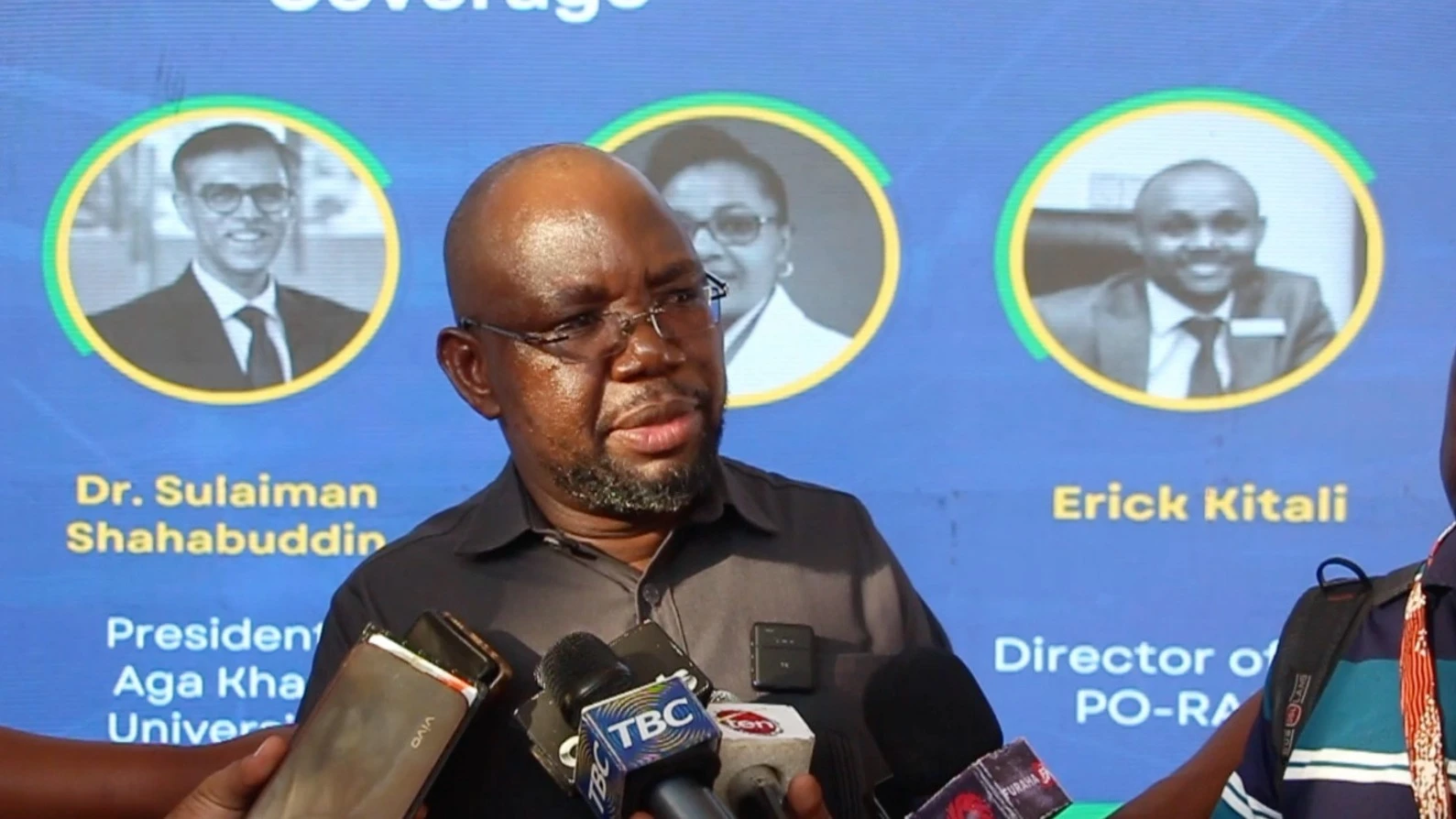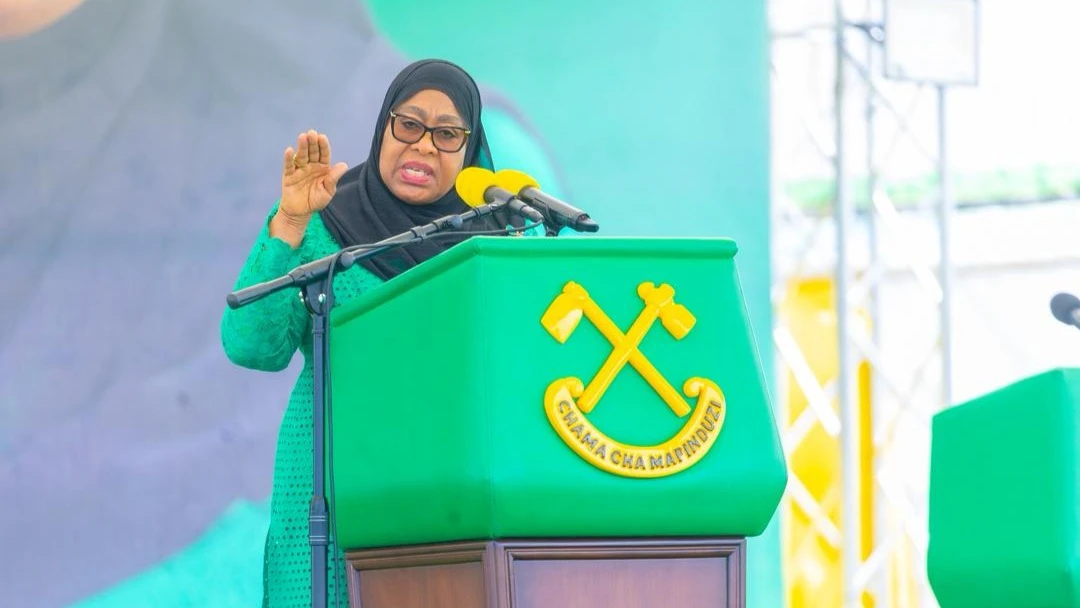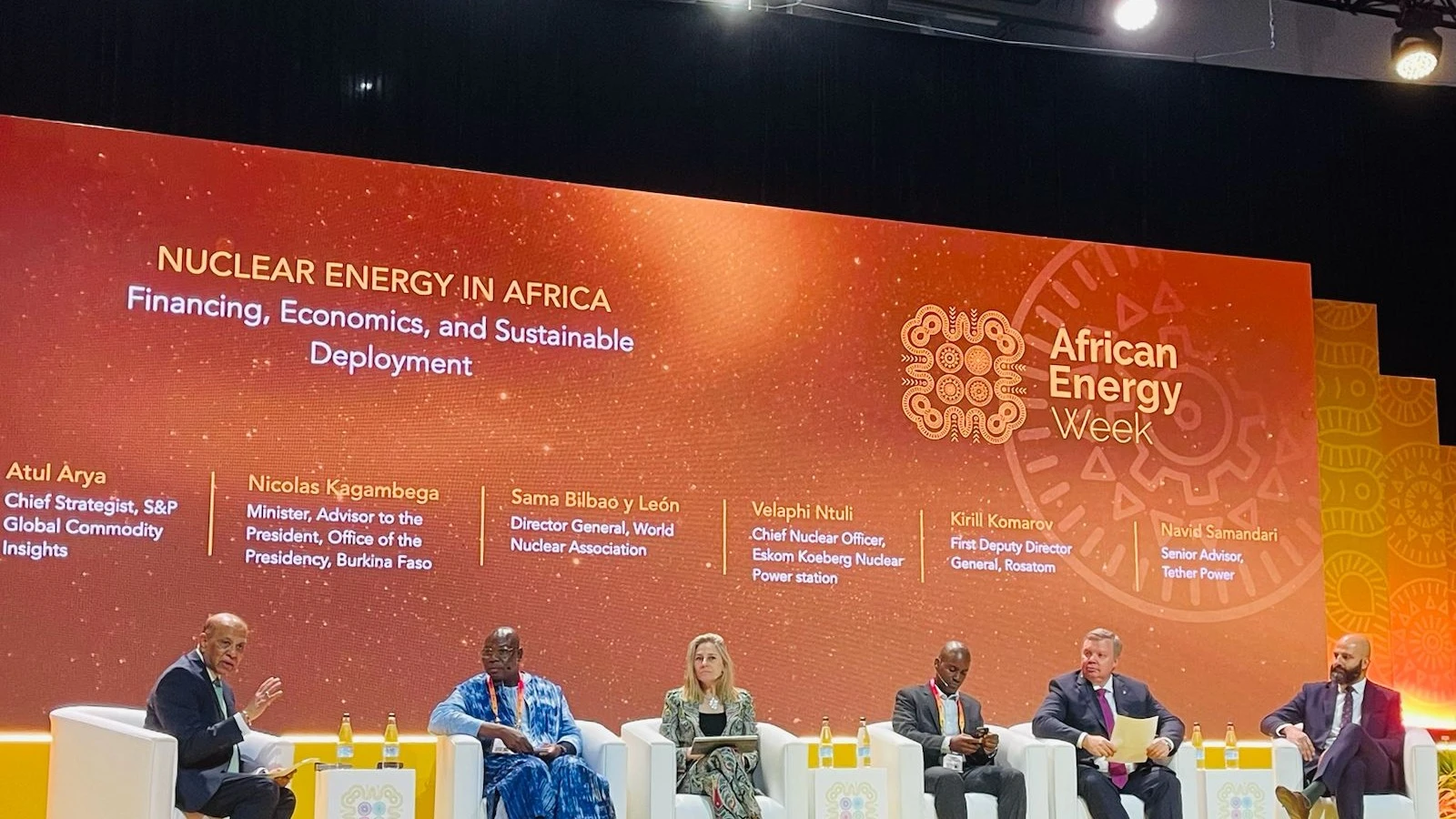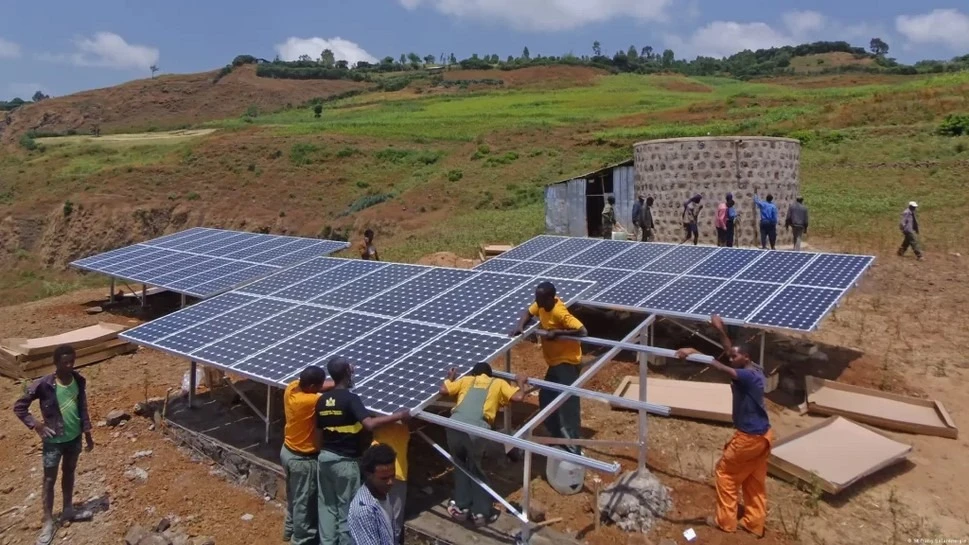Tanzania to gain from Africa’s $13 billion energy pipeline
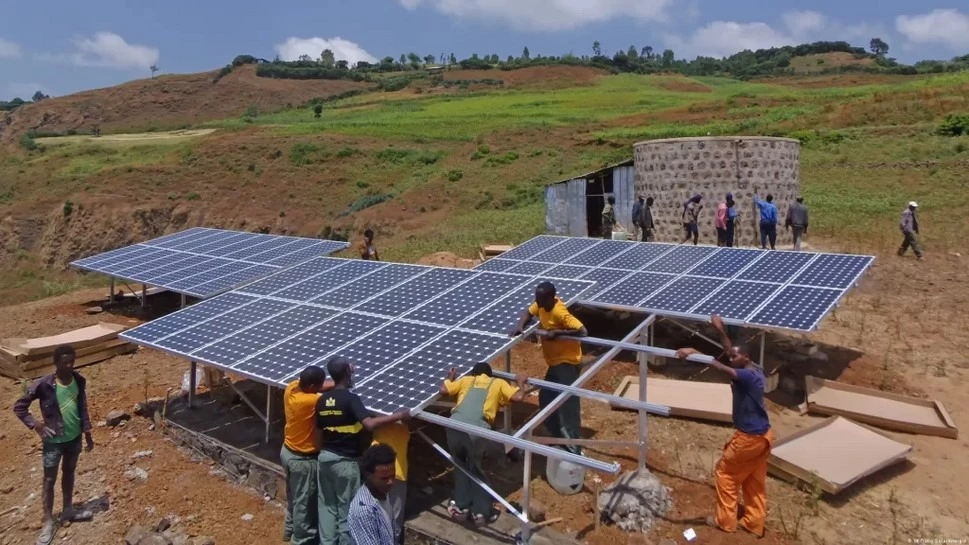
CAPE Town always knows how to stage an event that feels larger than life, and on the opening day of Africa Energy Week on 29th September, 2025, the air was thick with both expectation and ambition. The city’s waterfront skyline, framed by the backdrop of Table Mountain, seemed to mirror the mood inside the convention centre: bold, restless, and alive with possibility.
Delegates poured in from every corner of the continent, their conversations weaving together stories of deals in the making, regulatory reforms underway, and the unrelenting hunger for energy that is reshaping Africa’s future.
It was in this electrifying atmosphere that Rene Awambeng, Founder and Managing Partner of Premier Invest, rose to open the 4th Deal Room Session. He did not seem like a banker rehearsing corporate slides, but as a man making a case for Africa’s right to dream bigger.
His voice carried conviction as he reminded the room that Africa is not short of opportunities—it is often short of the capital and mechanisms needed to unlock them. For the hundreds of investors, ministers, and executives seated before him, this struck a chord. They knew that in that room, over the span of a single afternoon, projects worth billions were being positioned not as ideas but as realities waiting for financing.
The figures announced were staggering. Transactions worth $13.4 billion were on display, spread across the entire energy spectrum—$340 million in upstream oil and gas, $2 billion in midstream projects, $10.2 billion in downstream, and $850 million in renewables.
These were not just line items on a spreadsheet but the foundations of power stations, the blueprints of refineries, the first bricks of renewable farms. And as Awambeng framed them, they were also a vision of an Africa that could meet its growing energy demand with its own resources, on its own terms.
For Tanzania, the numbers carried a special resonance. The country sits on an estimated 57 trillion cubic feet of natural gas, a resource that could dramatically shift its economic fortunes if fully developed.
Yet the story of Tanzanian gas has often been one of anticipation rather than acceleration. Regulatory delays, shifting global priorities, and the hesitancy of international financiers have slowed projects that many Tanzanians believe should already be transforming their nation. The Deal Room in Cape Town was a reminder that this does not have to remain the case.
Consider what could happen if even a slice of the $2 billion in midstream financing showcased this week found its way to Tanzania’s long-discussed liquefied natural gas terminal in Lindi. The project has been on the horizon for over a decade, but if unlocked, it could anchor Tanzania as a regional hub for exports, bringing in billions annually and creating tens of thousands of jobs.
In a country where electricity demand is growing at nearly ten percent a year, such a development would not simply add numbers to the GDP—it would change lives, light homes, and power industries that today struggle under limited supply.
What was equally striking in Awambeng’s address was his vision for Premier Invest as more than just another financial player. He introduced it not with jargon but with intent, presenting its three pillars—banking, advisory, and trade finance—as tools designed to bridge a very specific gap: the gap between African opportunity and global capital.
Premier Bank, once fully licensed, will be able to provide structured trade finance and transactional banking. Premier Investment Partners, now regulated, is already raising half a billion dollars in thematic funds for energy security, food security, and infrastructure. Premier Trading Services is offering liquidity solutions in hard currencies to African banks that are too often left out of global markets.
For Tanzania, institutions like this could prove transformative. Imagine a Tanzanian utility trying to push forward a 200-megawatt solar farm in Dodoma. Without access to international financiers and without the risk management tools global banks demand, such projects often stall before they begin.
With a partner like Premier Invest, however, the project could not only secure credit but also attract co-investors, de-risk its financing, and ensure that the power generated is sold across borders through trade-backed arrangements. This is where Africa’s future is being written—not in speeches alone, but in the quiet architecture of deals that turn ambition into infrastructure.
Walking out of the Deal Room into the corridors of the convention centre, one could not miss the energy in the conversations. Delegates huddled in corners, pens racing over notebooks, business cards exchanged in rapid succession. Some debated the regulatory frameworks of Nigeria, others the financing potential of Angola’s refineries, but the sentiment was the same: this was not just talk.
This was a marketplace where capital and opportunity were finally meeting in the same space. Dr. Omar Farouk Ibrahim, the Secretary General of the African Petroleum Producers Organisation, was a steady presence in the room, reminding everyone how far African nations have come in presenting a collective front to the world.
For Tanzania, the timing could not be better. Nearly thirty million Tanzanians still live without access to electricity, a figure that underscores both the scale of the challenge and the urgency of solutions.
The country needs an estimated $3.5 billion annually in energy infrastructure to meet its industrialisation goals by 2030, and while domestic financing can only go so far, catalytic capital from platforms like Premier Invest can open the door to global flows.
Statistics from the African Development Bank estimate Africa’s annual energy financing gap at around $100 billion, but in Cape Town, the projects laid out felt less like a gap and more like a bridge—one that could be crossed with the right structuring and partnerships.
There is a reason Tanzania often draws attention in these continental gatherings. Its geography makes it a natural trade gateway, with its long coastline on the Indian Ocean and proximity to landlocked neighbors who depend on Dar es Salaam’s port.
Its political stability is another factor, a rare commodity in a region often marked by volatility. And its resource base is vast, ranging from natural gas to hydropower to solar potential. Put together, Tanzania offers what investors seek: scale, stability, and diversification. The missing piece has always been financing at the right scale and on the right terms.
The Deal Room offered more than figures on a slide; it was a glimpse of how Africa’s missing pieces in energy financing might finally fall into place. Among the highlights were $850 million in renewable deals, and if even a fraction of that were channeled into Tanzania, rural electrification could accelerate, industrial zones could thrive, and costly fuel imports could give way to cleaner, homegrown power. These are not abstract projections but the daily realities of millions who still live without reliable electricity.
Africa Energy Week as a whole carried that same urgency. With leaders like Nigeria’s Bola Tinubu, Zimbabwe’s Emmerson Mnangagwa, dozens of ministers, and nearly ten thousand participants gathered in Cape Town, the city became the beating heart of Africa’s energy debate. The conversations—about financing, the balance between fossil fuels and renewables, and ensuring African priorities drive African solutions—were the same ones echoing in Dar es Salaam, Lagos, and Accra.
When Rene Awambeng closed with a call to “build bridges, unlock capital, and accelerate progress,” it felt less like a speech and more like a challenge. For Tanzania, those bridges could transform potential into progress. For Africa, they could mark the moment the continent stopped waiting for history to happen and began writing it, deal by deal, in rooms just like this one.
Top Headlines
© 2025 IPPMEDIA.COM. ALL RIGHTS RESERVED











